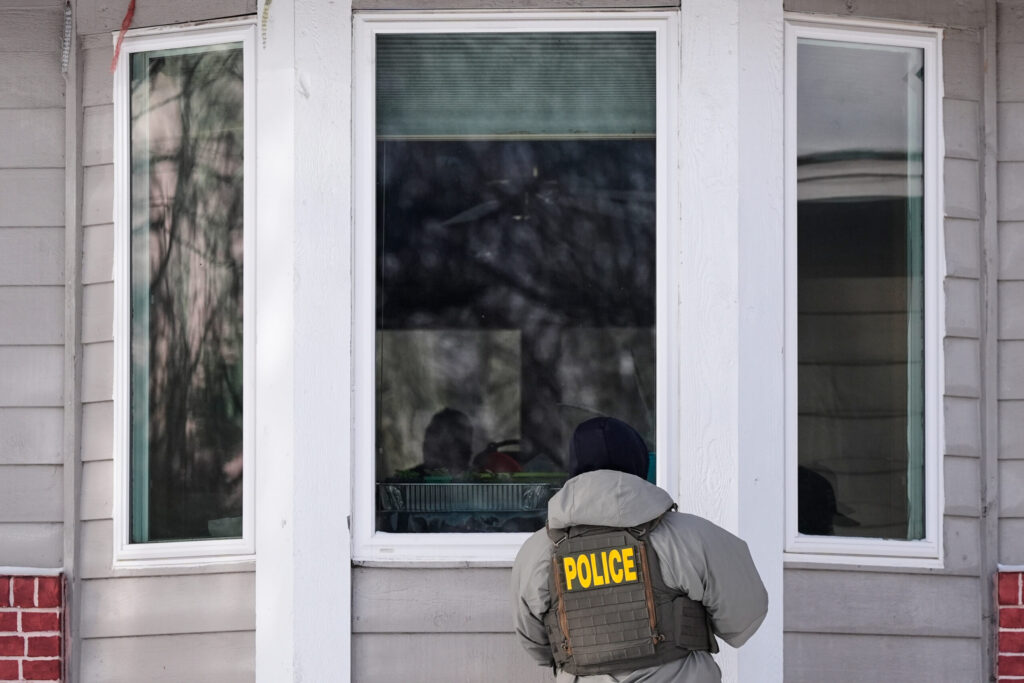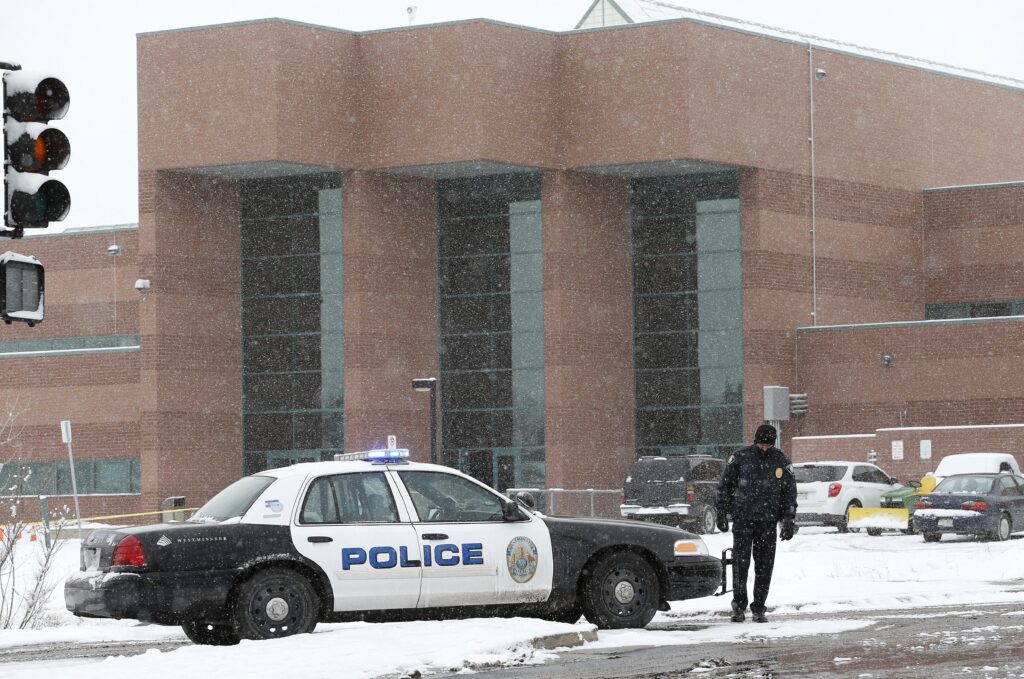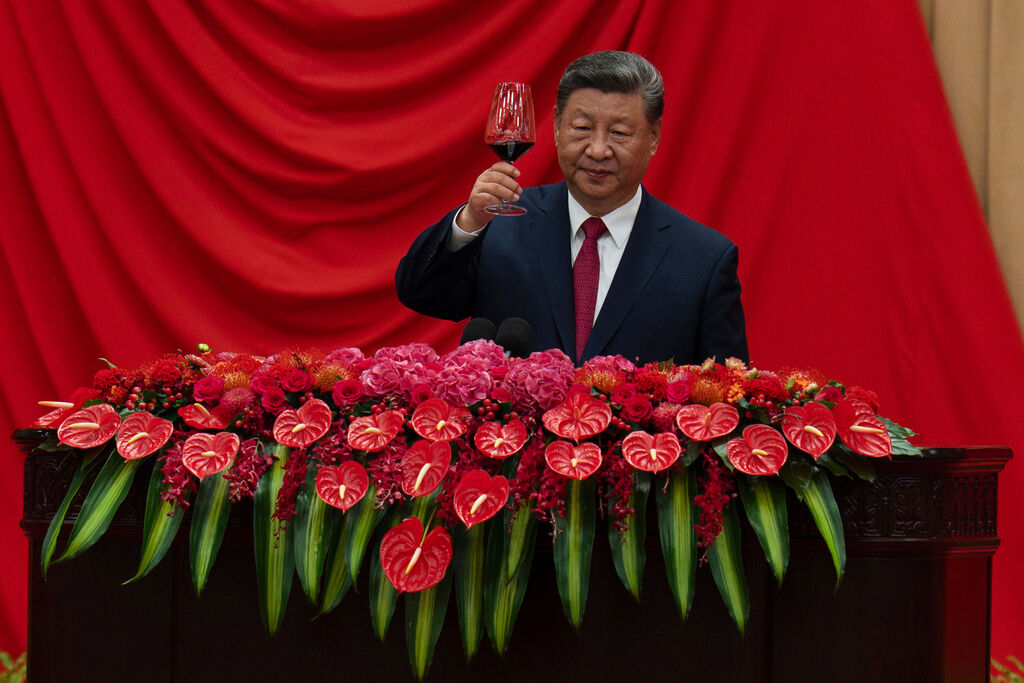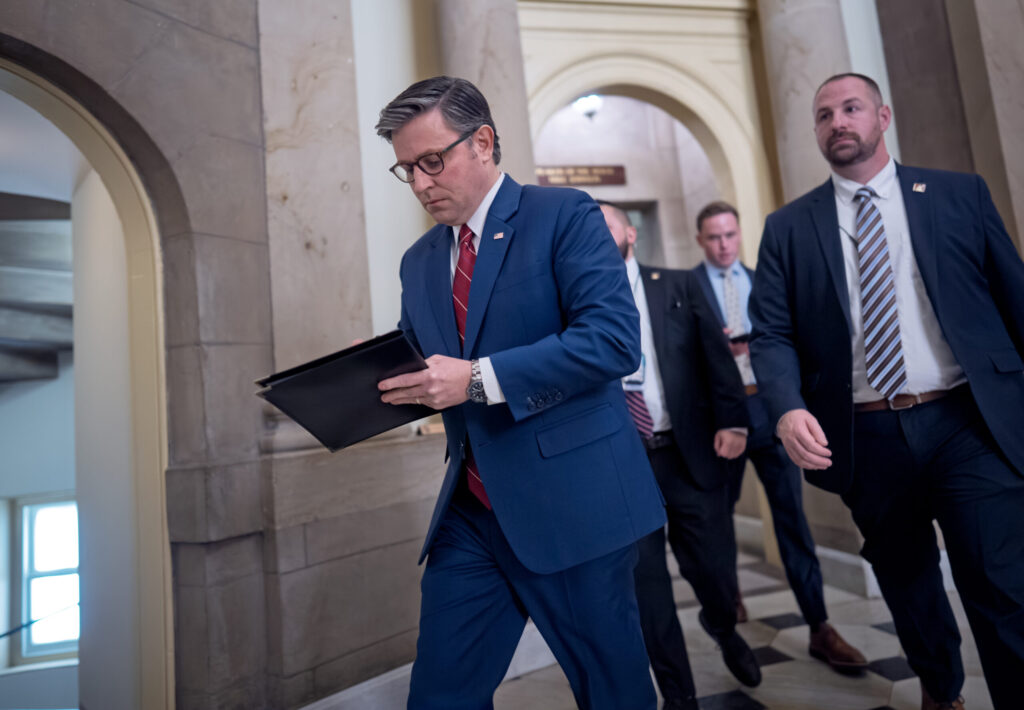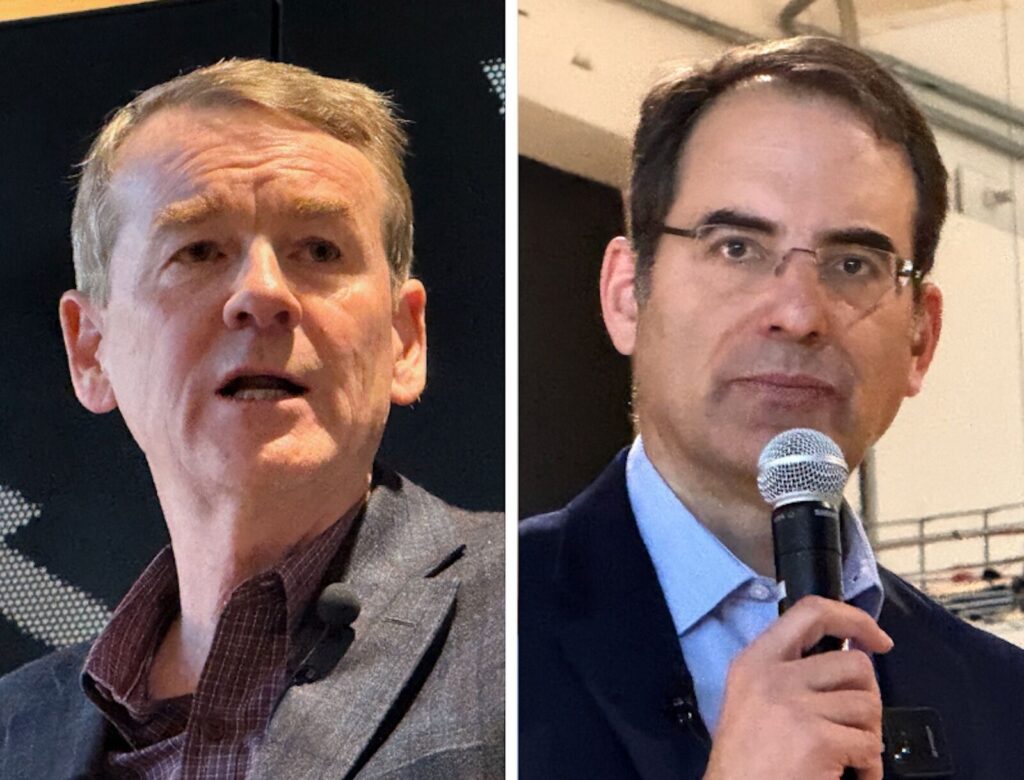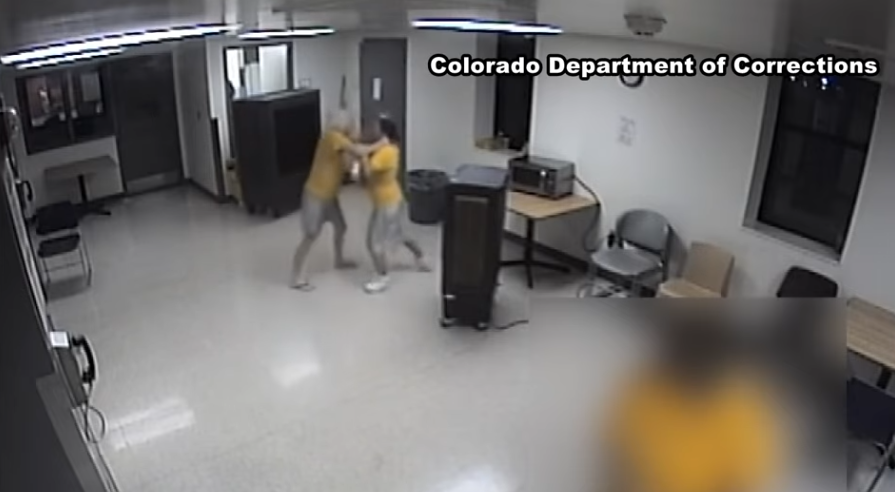Denver committee advances fee-based waste services program

Denver’s Land Use, Transportation and Infrastructure committee on Tuesday advanced a pay-as-you-throw waste services proposal to the full council, with a goal of kicking off the program on Jan 1.
While most council members want to improve Denver’s waste diversion rate, some had concerns about getting residents properly educated on the program and the impacts on the city’s already high cost of living.
The proposed program would charge residents in single-family homes and small multifamily buildings a monthly fee based on the size of trash bin they need. The fee structure would charge $9 for a small trash bin, $13 for a medium one and $21 for a large one. Recycling and composting would be included at no additional cost, with weekly pickup services on top of other solid waste services.
Currently, weekly trash and bimonthly recycling services are funded by the city’s general fund – which everyone in the city contributes to – with an additional charge for composting. Under the proposed program, residents would pay based on what they send to the landfill as opposed to what they divert from it. The fees aren’t intended to generate new revenue, but rather to pay for the cost of the program.
The proposal would also include an affordability program that would provide qualifying households instant rebates on their invoices. Eligibility would be based on the area median income, with households making 60% of the AMI getting a 50% rebate, 50% of the AMI getting a 75% rebate and 30% of the AMI getting a 100% rebate.
The proposed ordinance would also keep homeowners associations from fining residents for trash carts in the right of way.
Council member Robin Kniech said the idea of a Jan. 1 implementation date had been brought up by many, and city staffers are supportive of rolling out the proposed program early next year to give people more time to sign up for the rebate program and smooth out operational details.
Sarah Stanek, who works in the Department of Transportation and Infrastructure’s Office of Community and Business Engagement, said the goal is to provide education to successfully implement the new waste services pricing model and then introduce education around the new services, particularly composting for those who haven’t done it before.
The city’s intention is to continue education through 2024, focusing on the program and fee changes this year, proper composting and recycling education in 2023, and right-sizing trash carts in 2024. Stanek outlined how Denverites can ask questions and learn more about specifics of the program, with multilingual resources available as well.
Council President Stacie Gilmore said if she were looking at the new policy from just a values perspective, she would be fully on board. But she said without a comprehensive education plan, she doesn’t see behaviors changing across Denver communities, particularly her own in northeast Denver.
Gilmore said hearing about the support of the program from city and elected leaders led her to wonder, “But what about the residents?” She said taking a few more months or a year to implement the proposed program with proper education under a new mayor would make the project more amenable to residents so they can understand why the city is moving in this direction.
“I would like to be able to have my constituents along with us on this journey,” said Gilmore, who later added: “I have overwhelming opposition to this in my district. That education plan shows we haven’t been doing the education. … We haven’t been doing the work, and now we’re asking our residents because we say so to just get on board with this.
“They just know that they’re going to be charged for something that currently they’re not, and it’s a financial burden with the cost of inflation for our households.”
Council member Chris Herndon, who chairs the Land Use, Transportation and Infrastructure committee, agreed with Gilmore’s concerns.
“I think we’re missing the mark on education,” Herndon said. “… If someone says, ‘Why are you doing this,’ we have failed as a city to let people know how important this is.”
Council member Kevin Flynn offered the committee two potential amendments from council member Deborah Ortega, who wasn’t able to attend the meeting. While the committee wasn’t supportive of the amendments overall, they did like the idea of putting in place a required yearly review.
One of the amendments proposed a sunset on the program, and Flynn liked the idea since the city doesn’t know how this program will work. He said the majority of landfill waste the city sees comes from construction, commercial and multifamily buildings, which aren’t impacted by this program.
“If we find after evaluation that we haven’t really achieved any of our objectives, (then) all we’ve done is added to the cost of living in this city,” Flynn said.
Council member Amanda Sandoval expressed concern about crossover with trash service and street sweeping days. She said that if the proposed program moves forward, the city should look into resolving this conflict. She said as policymakers it’s important to think about the generations to come, and this program will help preserve the planet for them.
“There are 350 million people in our country, and if we all make small changes, it adds up,” council member Kendra Black said. “We are the second largest polluter in the world after China. Our country matters and we need to all of us make every small change that we can.”




